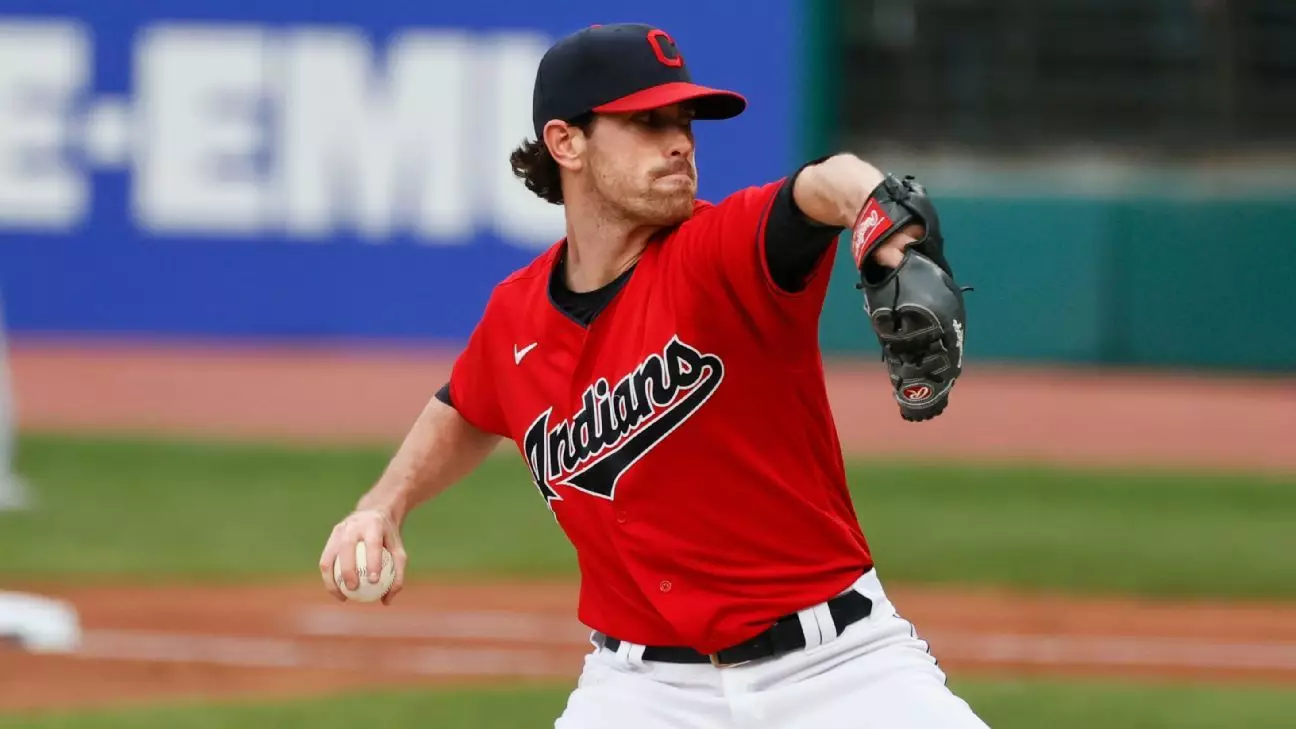The head of the baseball players’ association, Tony Clark, has recently expressed his concerns regarding the impact of shorter pitch clocks on pitcher injuries in the MLB. Despite widespread player opposition to the reduction in the length of the pitch clock, the commissioner’s office went ahead with the change in an effort to speed up the pace of the game. According to Clark, this decision has had severe implications for the health and safety of the players, with a series of pitchers being diagnosed with elbow injuries in recent weeks. The players’ association is calling on the league to acknowledge and study the effects of these changes before more players get sidelined with injuries.
In response to the players’ association’s concerns, Major League Baseball has defended its decision to implement a shorter pitch clock by citing a three-decade increase in pitcher injuries. The league points out that despite the clock being introduced just last season, there has been a long-term trend of rising velocity and spin rates that are closely correlated with arm injuries. Additionally, MLB argues that the focus on max-effort pitching and pitch design have played a more significant role in the recent surge of injuries than the pitch clock itself. The league is currently conducting a research study to determine the causes of increased injuries and has referred to an analysis by Johns Hopkins that found no evidence linking the pitch clock to higher injury rates.
Several notable pitchers, including Shane Bieber, Spencer Strider, Jonathan Loáisiga, Eury Pérez, and Trevor Gott, have been diagnosed with elbow injuries in recent weeks. Cleveland’s Shane Bieber, the 2020 AL Cy Young Award winner, is set to undergo season-ending Tommy John surgery to repair his injured UCL. Atlanta’s Strider, Loáisiga of the New York Yankees, and Pérez of the Miami Marlins have all been sidelined with similar injuries that require extensive time off for recovery. The increasing number of pitchers requiring surgery raises questions about the long-term effects of the league’s decision to implement a shortened pitch clock.
Despite the concerns raised by the players’ association and the surge in pitcher injuries, Major League Baseball has reported a significant decrease in the average length of games since the introduction of the pitch clock. The league’s pitch clock for the 2023 season is set at 15 seconds with nobody on base and 20 seconds with a baserunner, leading to an average game time of 2 hours and 40 minutes. This marks a 24-minute decrease from previous seasons, making it the shortest average game length since 1985. However, the decrease in game time has come at the expense of player health, raising questions about the trade-off between game pace and player safety.
The debate over the impact of shortened pitch clocks on pitcher injuries in baseball is far from settled. While the league argues that other factors have contributed to the rise in injuries, the players’ association remains concerned about the health and safety of its members. As more pitchers are sidelined with elbow injuries, it is crucial for Major League Baseball to conduct a thorough investigation into the causes of these injuries and take necessary measures to protect the players’ well-being. Only by addressing these concerns can the league strike a balance between game pace and player safety in the years to come.


Leave a Reply